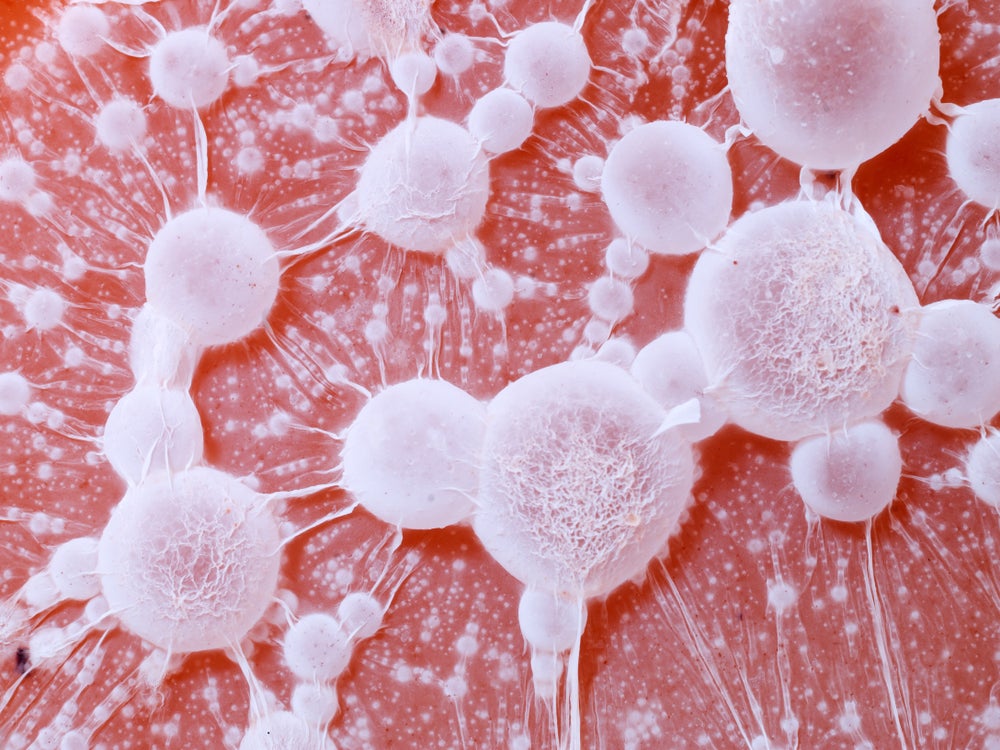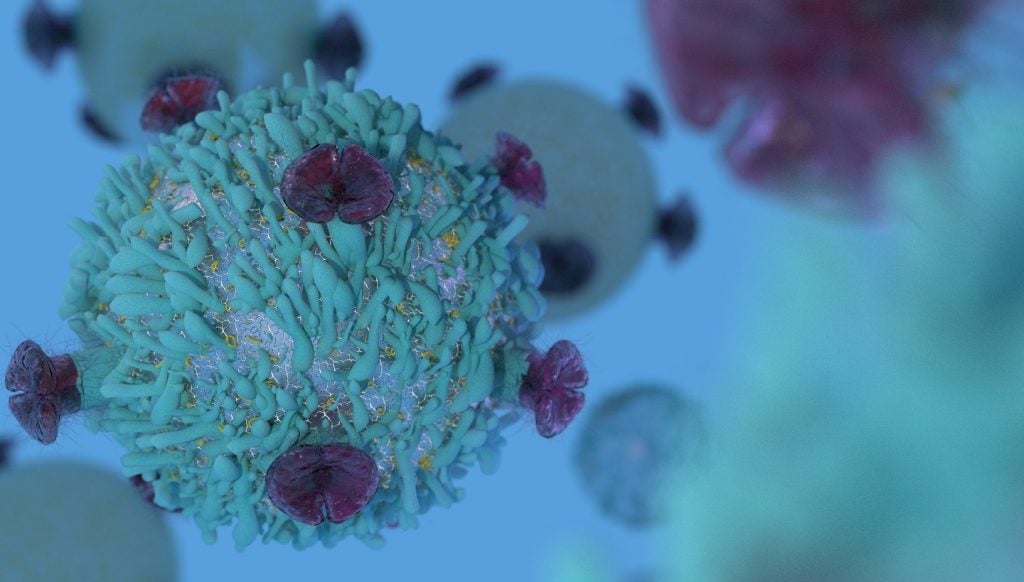
An artificial intelligence (AI) tool combined with analysis by radiologists was able to identify breast cancer with approximately 90% accuracy, according to new research from New York University (NYU).
Researchers from NYU School of Medicine and the NYU Center for Data Science examined the ability of the machine learning program, which had been trained on roughly a million mammography images, to evaluate the diagnoses reached by a group of 14 radiologists as they reviewed 720 mammogram images.
The results have now been published in the journal IEEE Transactions on Medical Imaging.
The AI was trained using images matched with their corresponding biopsy results. The goal of the study was to be able to help radiologists reduce the number of biopsies moving forward by increasing the confidence that physicians have in the accuracy of assessments made of screening exams by algorithms.
The radiology team analysed images which were collected as part of routine clinical care at NYU Langone Health over seven years, connecting the images with biopsy results. The effort created a dataset of 229,426 digital screening mammography exams and 1,001,093 images to train the AI on. Most databases used in studies to date have been limited to 10,000 images or fewer.
The AI was then trained to analyse images that were known to the researchers but undiagnosed within the database.
How well do you really know your competitors?
Access the most comprehensive Company Profiles on the market, powered by GlobalData. Save hours of research. Gain competitive edge.

Thank you!
Your download email will arrive shortly
Not ready to buy yet? Download a free sample
We are confident about the unique quality of our Company Profiles. However, we want you to make the most beneficial decision for your business, so we offer a free sample that you can download by submitting the below form
By GlobalDataNYU assistant professor of radiology Krzysztof Geras said: “AI detected pixel-level changes in tissue invisible to the human eye, while humans used forms of reasoning not available to AI. The ultimate goal of our work is to augment, not replace, human radiologists.”
The AI was also designed to consider very small patches of the full resolution image separately to create a heat map, a statistical picture of disease likelihood. The program is designed to consider the entire breast for structural features linked to cancer, paying closer attention to the areas flagged in the heat map.
Rather than have the researchers identify image features for their AI to search for, the tool is discovering on its own which image features increase prediction accuracy.
The research team hopes to expand the AI’s reach into identifying pre-cancerous changes in breast tissue.
NYU Center for Data Science doctoral candidate Nan Wu said: “The transition to AI support in diagnostic radiology should proceed like the adoption of self-driving cars – slowly and carefully, building trust, and improving systems along the way with a focus on safety.”





